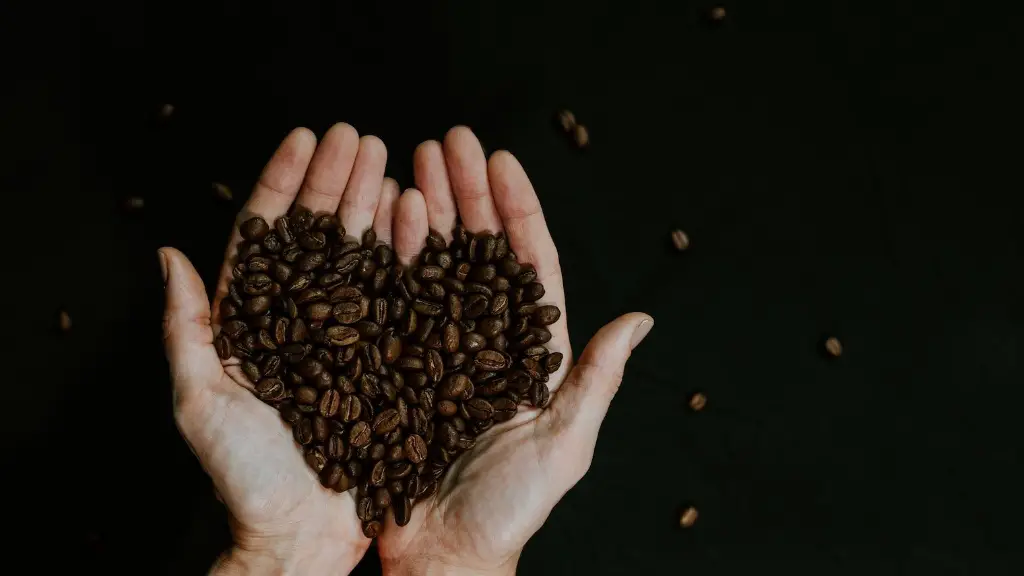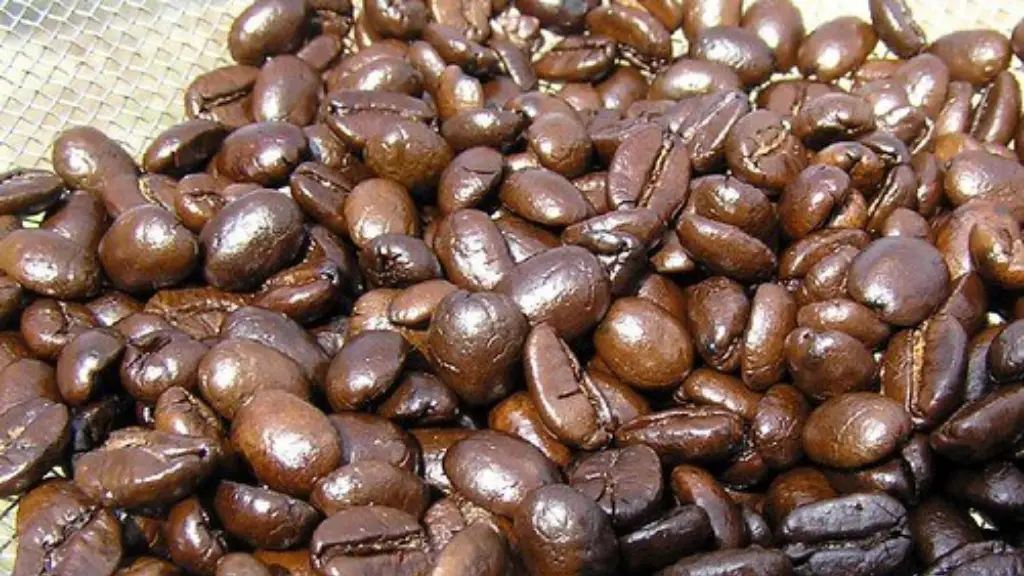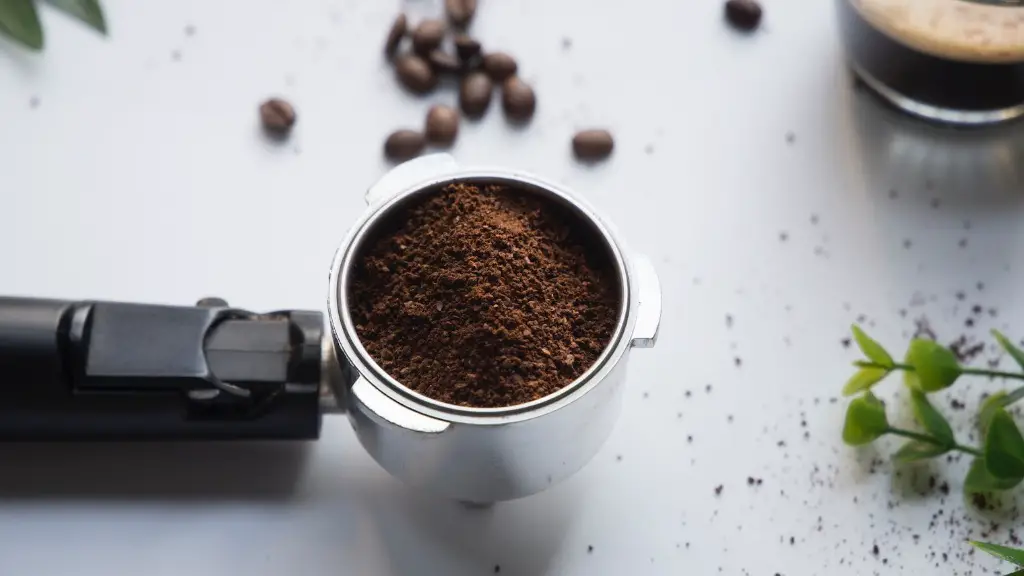Coffee has long been a staple component of many people’s mornings, providing an energizing kickstart to the day. However, some debate exists as to whether it is good to drink coffee on an empty stomach. For many, coffee may be the only liquid they consume first thing in the morning, but is it the right choice?
Coffee is known to be acidic and can cause discomfort in the stomach. It can also irritate the lining that protects the stomach from its acidic digestive juices, potentially leading to unpleasant symptoms such as heartburn. Coffee can also increase the production of stomach acid, which could cause further stomach problems. In addition, drinking coffee on an empty stomach can lead to insomnia, headaches, or jitteriness.
Studies have shown that compared to drinking coffee on a full stomach, drinking coffee on an empty stomach can lead to a higher concentration of caffeine in the blood. Caffeine can cause an increase in blood pressure, heart rate, and body temperature, which could be an issue for those with existing health problems. A single cup of coffee on an empty stomach can contain up to 200mg of caffeine, which can be more than enough to produce these effects.
One potential benefit of drinking coffee on an empty stomach is that it can lead to a more efficient absorption of caffeine. This could result in more alertness and a faster reaction time. People who need the extra boost in the morning might find that it is beneficial to drink coffee on an empty stomach. However, this should be done with caution and with consulting a doctor, as it can also result in unpleasant side effects.
For people who do not need an immediate kick of energy in the morning, drinking coffee on an empty stomach can be avoided. Other beverages such as orange juice or milk can provide similar energy-boosting properties without the addition of excessive amounts of caffeine. Drinking these beverages on an empty stomach is a healthier choice that can still provide the necessary energy for the day.
In conclusion, drinking coffee on an empty stomach can sometimes be a source of energy for those who need an immediate pick-me-up. However, it is important to note that it is not a healthy habit in the long run as it can lead to unpleasant side effects and can increase the potential for health issues. Therefore, it is important to be mindful of the potential risks when deciding whether to drink coffee on an empty stomach.
Alternatives to Coffee
If you are looking for an alternative to coffee when it comes to getting a boost of energy in the morning, there are various options that can be just as effective. Green tea is a great choice for those who want a natural source of energy, as it contains caffeine but with less of a jolt than coffee. Coconut water is another great alternative that can provide a natural boost. Coconut water is full of electrolytes, which can help to energize the body and promote proper hydration.
Smoothies are also a great choice for those who may have a hard time waking up in the morning. They can provide a variety of nutrients, vitamins, and minerals, as well as the boost of energy needed to start the day. Protein shakes can provide a similar boost, and are a great choice for those looking to increase their intake of protein. All of these options can help to get your day started without the need for coffee.
For those looking for a natural source of energy instead of caffeine, adaptogenic herbs are a great choice. Adaptogens are herbs that can help to improve the body’s response to stress and can provide lasting energy without the crash associated with caffeine. Some of the most popular adaptogenic herbs include ashwagandha, Rhodiola Rosea, and Maca.
Finally, it is important to remember that getting quality sleep is the best way to ensure you have enough energy in the morning. Proper diet, exercise, and relaxation techniques can all help to ensure that you are well rested and ready to take on the day.
Coffee Consumption Habits
The average American consumes over 300 cups of coffee each year, which equates to almost three cups a day. Since coffee has become such a popular beverage in recent years, it can be difficult to keep track of your coffee consumption habits. However, it is important to mindfully monitor your coffee intake in order to ensure that it is not too extreme and that it is not consumed on an empty stomach.
The best way to monitor coffee consumption is to keep a record of when and how much coffee you consume on a daily basis. This can help to provide a better understanding of your coffee habits, as well as help to track any potential health problems that may be related to coffee consumption. Additionally, it can be helpful to set limits when it comes to coffee consumption, such as limiting the number of cups per day, drinking a cup of water every time you drink a cup of coffee, or avoiding coffee after a certain time of day.
It is also important to be mindful of the types of coffee you are consuming and the level of caffeine in each cup. Some coffee shops offer blended caffeinated drinks that can contain excessive amounts caffeine, which can lead to a “caffeine crash.” In addition, flavored coffee drinks may also contain hidden sources of sugar or artificial ingredients, which could be unhealthy if consumed in excess.
Finally, it is important to remember that coffee can be a beneficial source of energy when consumed in moderation and at the right time. Being mindful of the type and timing of coffee consumed can help to ensure that it is a healthy choice without the excess of energy.
Coffee vs. Other Drinks
When assessing whether it is good to drink coffee on an empty stomach, it is important to consider the potential benefits and drawbacks of other drinks as well. Energy drinks are a popular beverage among teenagers and young adults and can provide a quick, intense boost of energy. However, while they may be effective at providing a sudden burst of energy, they usually contain excessive amounts of sugar and caffeine, which can have potential long-term health risks.
Fruit juices are a great way to get a natural source of energy without the added sugar. Many varieties of juice can provide up to 1 percent of a person’s daily recommended intake of vitamin C, which can help to boost the immune system and provide energy. Juice is also naturally sweet and can be a healthier option compared to energy drinks or sugary soda.
Finally, it is important to consider the effects of water. Water can provide a natural source of hydration and energy without any added sugar or caffeine. Drinking a glass of water in the morning can help to rehydrate the body and provide a boost for the day. Drinking water throughout the day is also a great way to maintain proper hydration and energy levels.
Coffee Intake Guidelines
When it comes to determining how much coffee is too much, it is best to consult with your doctor or healthcare provider. Generally, most people can safely consume up to 400 milligrams of caffeine per day. However, caffeine intake can have different effects on different people, so it is best to determine the right amount for your individual needs.
It is also important to monitor the timing of your coffee consumption. Avoiding caffeine late in the day and drinking it mostly in the morning can help to reduce the potential for sleep problems. Additionally, drinking coffee or other caffeinated beverages with a meal or snack can help to lessen any of the adverse effects of drinking it on an empty stomach.
Finally, it is important to consider the quality of the coffee when it comes to determining how much is too much. If you are drinking premium or organic coffee, the caffeine content may be higher than expected. This can lead to greater effects on the body and should be monitored.
Coffee for Overall Health
While there can be potential adverse effects of drinking coffee on an empty stomach, it is important to note that it can also be beneficial for overall health when consumed in moderation. Coffee consumption has been linked to lower levels of inflammation and the prevention of certain diseases. Caffeine has also been linked to improved cognitive performance, greater alertness and improved reaction time.
For those looking to improve their overall health and keep coffee consumption to a minimum, decaffeinated coffee is a great option. Decaf coffee still contains small amounts of caffeine and can provide the same flavor and aroma without the associated effects. It can also be a great choice for those with existing health issues that need to mindfully monitor their coffee consumption.
In addition to keeping coffee consumption to a minimum, regular exercise, proper diet, and stress management can all contribute to overall health and wellness. Getting adequate sleep, drinking plenty of water, and eating a balanced diet can all help to reduce the need for extra caffeine in order to feel energized.
Finally, it is important to remember that it is always best to consult with a doctor or health care provider if any health issues arise. Paying attention to the type, timing, and amount of coffee consumed can help to ensure health and wellbeing.





